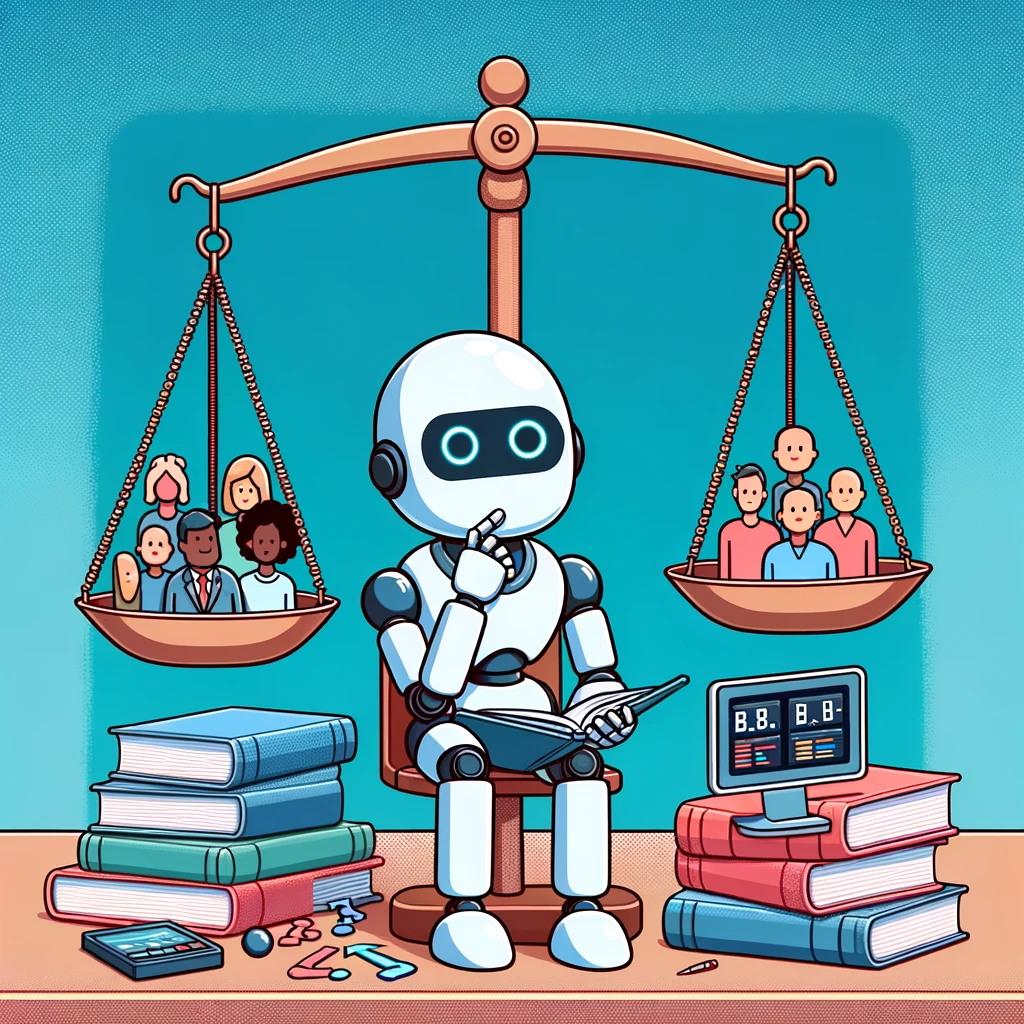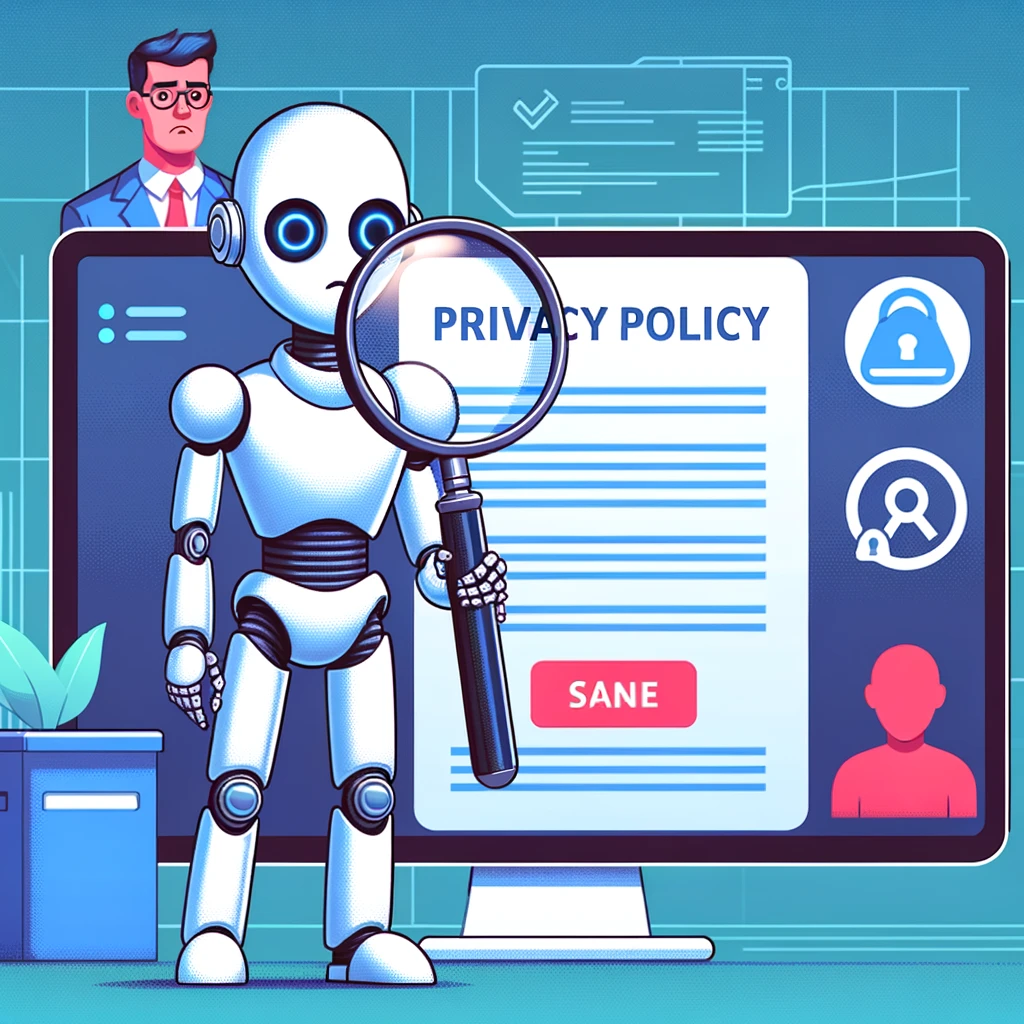Estimated reading time: 4 mins
Introduction
In the 21st century, artificial intelligence (AI) has evolved from a futuristic dream into a critical part of our daily lives. AI systems are increasingly prevalent in everything from healthcare and finance to transportation and personal assistance. However, as AI systems become more integral to our society, ethical considerations surrounding their use have also grown more complex and pressing. This article delves into the multifaceted ethical challenges posed by AI, exploring the implications for individuals, society, and humanity at large.

The Ethical Landscape of AI
At the heart of AI ethics is a fundamental question: How do we ensure that AI systems behave in ways that are beneficial to humanity and aligned with our moral values? This question encompasses a range of specific ethical concerns:
- Bias and Fairness: AI systems learn from data, and if this data is biased, the AI’s decisions will likely be biased too. This can perpetuate and even exacerbate existing societal inequalities. For example, an AI system used for hiring may favor candidates from a certain gender or ethnic background if it’s trained on historical data reflecting such biases.
- Privacy and Surveillance: AI’s ability to analyze vast amounts of personal data raises significant privacy concerns. The use of AI in surveillance tools can lead to intrusive monitoring of individuals, potentially infringing on rights to privacy and freedom.
- Accountability and Transparency: When an AI system makes a decision, it can be challenging to understand how it arrived at its conclusion. This lack of transparency can be problematic, especially in high-stakes areas like healthcare or criminal justice. Furthermore, if an AI system causes harm, it’s difficult to determine who is responsible – the developers, the users, or the AI itself?
- Autonomy and Human Dignity: As AI systems become more capable, there’s a risk of eroding human autonomy. For instance, AI-driven personal assistants might start making decisions that were traditionally made by individuals, potentially diminishing human dignity and agency.
- Long-term Impact and Existential Risk: Finally, there’s the question of AI’s long-term impact on humanity. Superintelligent AI systems, should they ever be developed, could pose existential risks if their goals are not aligned with human values.
Addressing AI Ethics Through Principles and Frameworks
To navigate these ethical challenges, several organizations and governments have proposed principles and frameworks for ethical AI. Some of the most commonly cited principles include:
- Transparency: AI systems should be transparent, and their decisions should be explainable.
- Justice and Fairness: AI should be designed and operated to prevent unfair discrimination.
- Non-maleficence: AI systems should not harm humans.
- Responsibility: There should be clear accountability for AI systems and their outcomes.
- Privacy: AI should respect and protect personal privacy.
- Beneficence: AI should be used for the benefit of all humanity.
Case Studies and Real-World Examples
To illustrate these ethical issues, let’s examine a few real-world scenarios:
- AI in Hiring: Companies like HireVue have used AI to analyze video interviews of job applicants. Critics argue that these systems can reinforce biases, as they may favor candidates who resemble previous successful applicants in ways that are unrelated to job performance.
- Facial Recognition Technology: Technologies like Clearview AI scrape public images from the internet to create a comprehensive facial recognition database. This raises significant privacy concerns and has led to a backlash from both the public and regulators.
- AI in Healthcare: IBM’s Watson for Health promised to revolutionize cancer treatment but faced criticism over its effectiveness and accuracy. This case highlights the importance of validating AI tools in healthcare, where lives are at stake.
The Role of Regulation and Policy


Governments and international bodies play a crucial role in shaping the ethical use of AI. The European Union’s General Data Protection Regulation (GDPR) includes provisions for the ethical use of AI, such as the right to explanation. Similarly, the White House Office of Science and Technology Policy under the Obama administration released a report on preparing for the future of AI, which included recommendations for fairness and safety.
Industry’s Role in Ethical AI
Industry players also have a vital role in ensuring ethical AI. Companies like Google, Microsoft, and IBM have established their own AI ethics boards or guidelines. However, there’s often a gap between these ethical guidelines and their implementation. For instance, Google’s AI Ethics Board was dissolved just a week after its formation due to controversies over board member selections.
Future Directions of AI and Ethics
Looking ahead, there are several areas where further work is needed:
- Global Cooperation: AI ethics is a global issue, requiring international collaboration. Organizations like the United Nations and the World Economic Forum could facilitate dialogue and consensus-building.
- Public Engagement: Public awareness and engagement are crucial in shaping AI’s ethical development. This includes education about AI’s capabilities and limitations and public discussions about what society values in AI.
- Interdisciplinary Research: Addressing AI’s ethical challenges requires input from not just computer scientists but also experts in law, philosophy, sociology, and psychology.
- Robust and Adaptive Regulatory Frameworks: Regulations should be robust enough to protect the public interest but also adaptable to keep pace with rapidly evolving AI technologies.
Conclusion
The ethical challenges posed by AI are as profound as they are complex. They require a concerted effort from governments, industry, academia, and the public. By embedding ethical considerations into the design, deployment, and governance of AI systems, we can harness the immense potential of AI while safeguarding our fundamental values and rights. The journey to ethical AI is ongoing, and it’s a path we must navigate with caution, awareness, and collaboration.
